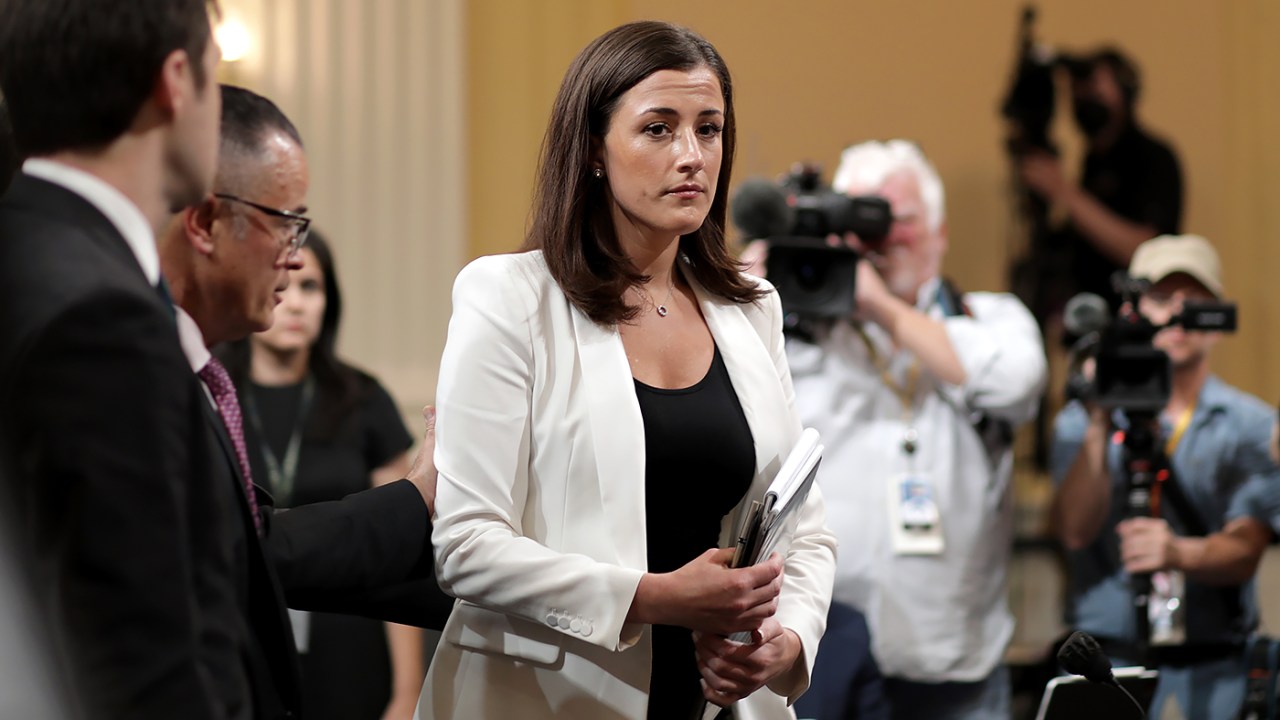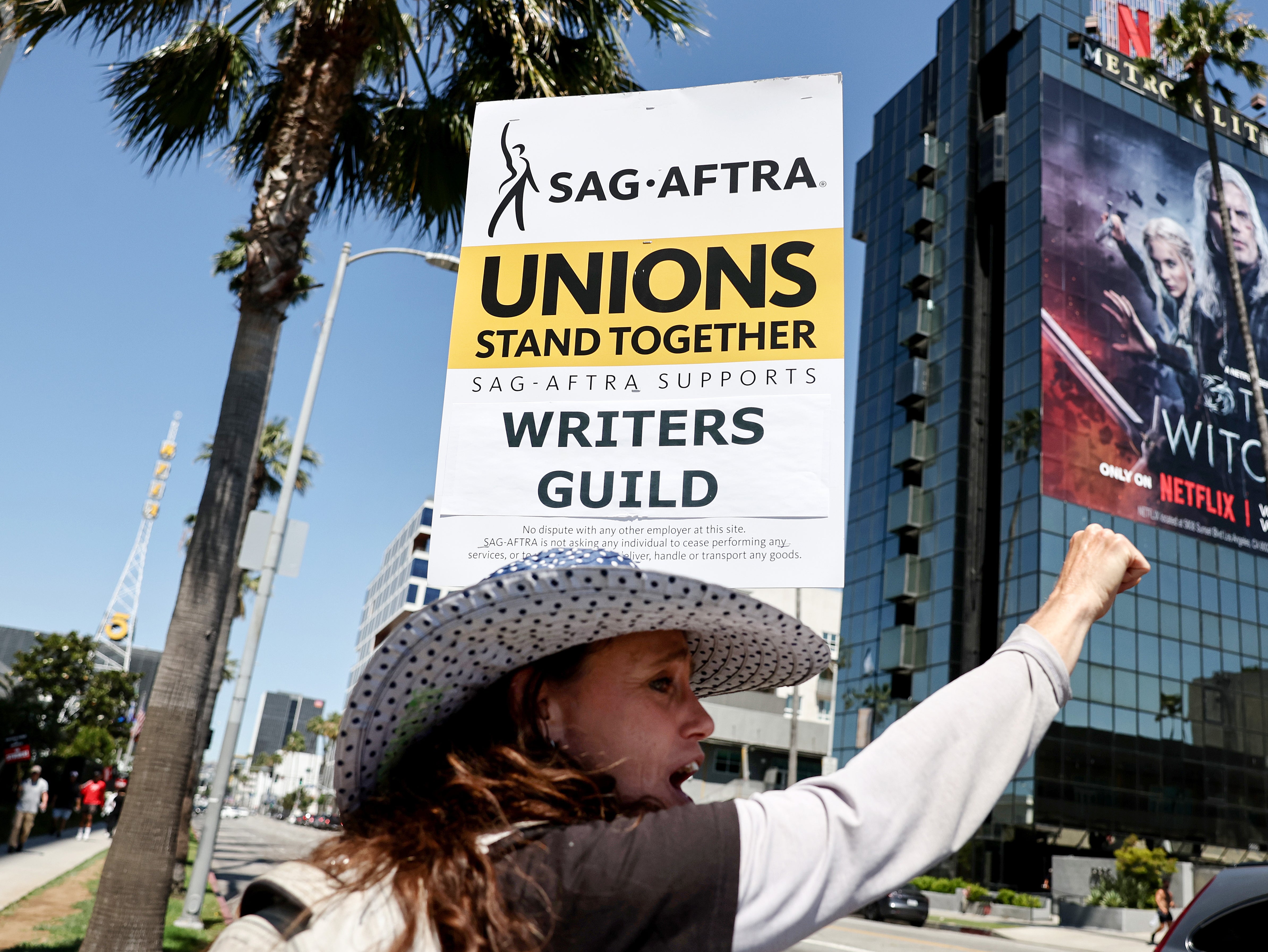FTC Challenges Microsoft-Activision Merger: Legal Battle Continues

Table of Contents
The FTC's Core Arguments Against the Merger
The FTC's central argument rests on preventing the creation of a monopoly and preserving fair competition within the gaming industry. Their concerns are multifaceted, focusing on Microsoft's potential to leverage its newfound power to the detriment of consumers and competitors.
Concerns about Monopoly Power
The FTC argues that the merger would grant Microsoft undue market dominance, particularly in the console gaming market. Their concerns center heavily around the immensely popular Call of Duty franchise.
- Microsoft's potential to exclude competitors from accessing Call of Duty: The FTC worries that Microsoft could make Call of Duty exclusive to Xbox, severely harming competitors like PlayStation and Nintendo. This would likely force gamers to switch ecosystems or abandon their preferred platform.
- Reduced competition leading to higher prices for consumers: Without competition, Microsoft could potentially raise prices for games, subscriptions, and even hardware, negatively impacting consumers' wallets.
- Suppression of innovation due to lack of competitive pressure: A lack of competition can stifle innovation. Without the need to compete, Microsoft might reduce investment in new game technologies and features.
- Harm to the overall competitive landscape of the video game market: The FTC believes that the merger could fundamentally alter the competitive landscape, potentially leading to less choice and less innovation across the entire gaming ecosystem.
Concerns Regarding Game Pass and Market Control
Beyond Call of Duty, the FTC is also concerned about the impact on the gaming subscription market. Microsoft's Game Pass service is a major player, and adding Activision Blizzard's extensive catalog could create an insurmountable advantage.
- The potential for exclusive Game Pass titles to lock out other platforms: Adding Activision Blizzard games exclusively to Game Pass could effectively lock out other subscription services and platforms, reducing consumer choice.
- The risk of creating a "walled garden" environment, limiting consumer choice: This "walled garden" effect could limit gamers' access to games and create an unfair advantage for Microsoft's ecosystem.
- The possibility of harming other subscription services: Competitors like PlayStation Plus and Nintendo Switch Online could be significantly weakened by the addition of Activision Blizzard's titles to Game Pass.
- The impact on smaller independent game developers and publishers: The merger could disproportionately harm smaller developers who rely on fair competition to distribute and sell their games.
Microsoft's Defense Strategy
Microsoft has vigorously defended the merger, arguing that it will ultimately benefit consumers and enhance competition. They have employed a two-pronged approach: refuting the FTC's claims and proactively addressing regulatory concerns.
Arguments Against Antitrust Violations
Microsoft counters the FTC's arguments by emphasizing the benefits to consumers.
- Plans to bring Call of Duty to more platforms, including Nintendo Switch: This commitment aims to address concerns about exclusivity, ensuring gamers on various platforms can continue to enjoy the franchise.
- Commitment to continued support for rival gaming ecosystems: Microsoft has pledged continued support for PlayStation and other competing platforms.
- Expansion of Game Pass offerings, benefiting subscribers: The acquisition is touted as expanding Game Pass with a vast library of games, increasing value for subscribers.
- Investment in game development and innovation: Microsoft asserts the merger will lead to increased investment in game development, resulting in better games for consumers.
Addressing Regulatory Concerns
Microsoft has attempted to mitigate regulatory concerns through concessions and commitments.
- Long-term agreements to provide Call of Duty access to competing platforms: These agreements aim to alleviate fears of exclusivity.
- Transparency commitments regarding game development and distribution practices: Microsoft has pledged to be more transparent in its practices to build trust with regulators.
- Active engagement with regulatory bodies to ensure compliance: Microsoft has engaged actively with regulatory bodies globally to address their concerns.
International Regulatory Scrutiny and Implications
The FTC's challenge isn't an isolated incident. Regulatory bodies worldwide are scrutinizing the Microsoft-Activision merger, creating a complex and global regulatory landscape.
Global Regulatory Landscape
The response from international regulatory bodies highlights the global implications of this merger.
- EU's investigation and potential implications: The European Union's investigation could lead to significant hurdles for the merger.
- UK's Competition and Markets Authority (CMA) stance: The UK's CMA has expressed serious concerns, potentially blocking the deal in the UK market.
- Actions taken by other regulatory authorities globally: Similar investigations and regulatory actions are underway in other countries, highlighting the international scope of this antitrust challenge.
Impact on Global Gaming Market
Regardless of the FTC’s challenge, the outcome will significantly impact the global gaming market.
- Potential for reshaping the console market: The merger could dramatically alter the balance of power in the console market.
- Influencing future mergers and acquisitions in the tech sector: This case will set a precedent for future mergers and acquisitions in the tech industry.
- Impact on pricing and access to video games globally: The decision will affect game prices and access to games for gamers worldwide.
Conclusion
The FTC's challenge to the Microsoft-Activision merger is a landmark case with significant implications for the future of the gaming industry and antitrust law. This legal battle will likely be protracted and fiercely contested, with profound consequences for competition, innovation, and consumer choice. The outcome will significantly shape the gaming landscape for years to come. Stay informed on the ongoing developments in this crucial FTC case affecting the Microsoft-Activision merger and its impact on the gaming landscape. Understanding the intricacies of this FTC challenge is crucial for anyone interested in the future of the gaming industry.

Featured Posts
-
 Cassidy Hutchinsons Memoir Key Jan 6 Witness Shares Her Story
Apr 22, 2025
Cassidy Hutchinsons Memoir Key Jan 6 Witness Shares Her Story
Apr 22, 2025 -
 Hollywood Strike Actors Join Writers Bringing Production To A Halt
Apr 22, 2025
Hollywood Strike Actors Join Writers Bringing Production To A Halt
Apr 22, 2025 -
 Is Betting On The La Wildfires A Sign Of Our Times
Apr 22, 2025
Is Betting On The La Wildfires A Sign Of Our Times
Apr 22, 2025 -
 Over The Counter Birth Control A Post Roe Game Changer
Apr 22, 2025
Over The Counter Birth Control A Post Roe Game Changer
Apr 22, 2025 -
 Beyond The Headlines Analyzing Blue Origins Failures In Comparison To Katy Perrys
Apr 22, 2025
Beyond The Headlines Analyzing Blue Origins Failures In Comparison To Katy Perrys
Apr 22, 2025
